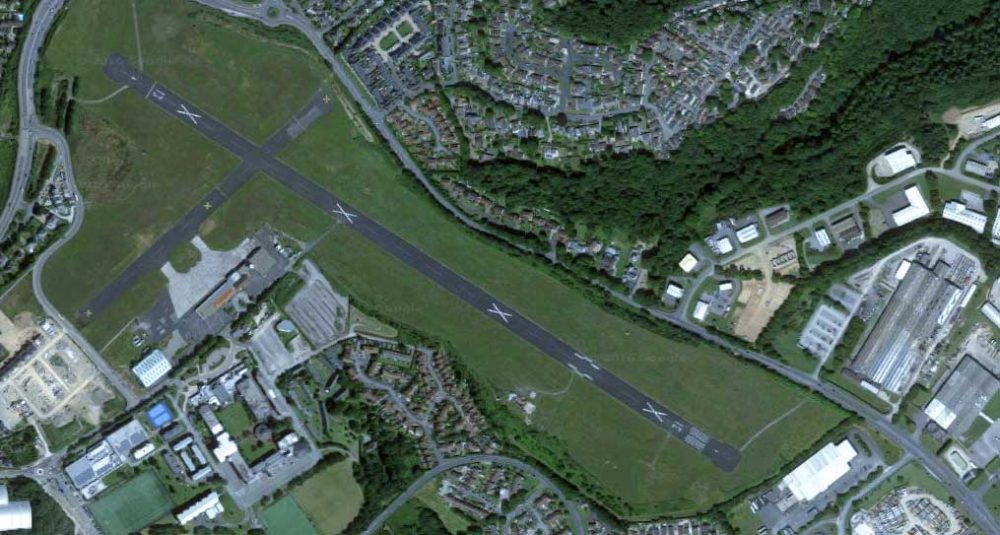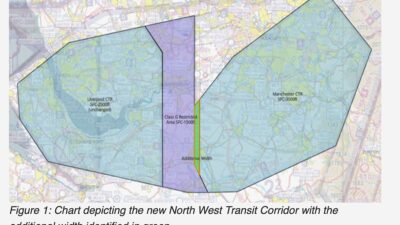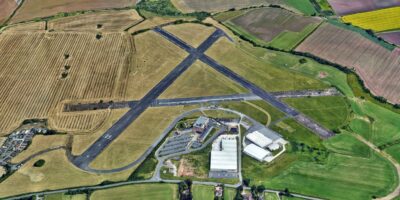FlyPlymouth, the company campaigning to reopen Plymouth Airport, has hit back at claims that the fight is over following a government report on the airport’s viability.
“In its own words, ‘this study does not’ consider the commercial viability of resuming forms of aviation other than commercial passenger services,” said Raoul Witherall, CEO of FlyPlymouth.
“This is critical because the local authority has reserved the site for general and business aviation (GA) use in the draft Plymouth Plan.”
Witherall goes on to point out that similar airports including Gloucester, Oxford, Shoreham, Biggin Hill, Farnborough and Fairoaks run viable businesses and provide valuable connectivity, growth and employment to their local economies. GA includes business and charter aircraft movements, air taxis, military and civilian helicopters, air ambulances, Search and rescue, police services among others.
“In the short term, Plymouth’s connectivity would be enhanced by air links direct into the city. Over the medium term, the opportunity exists for the steady reintroduction of passenger services,” said Witherall.
“Secondly, ‘this study does not’ consider the economic benefits,” he conitnued. “This seems odd given York Aviation’s Economic Impact Analysis was one of the documents reviewed. York found that air services would deliver £13m in economic growth and support 240 jobs.”
One of the key points in the government report was that the runway is too short for most commercial airliners.
“The constraints presented by the runway are well known and the study recognises the potential to be extended in time to 1,199m – the same length as that at London City,” said Witherall.
“The study pays much attention to the commercial risks of passenger services. But all businesses operate with commercial risk. Risks must be weighed against the significant economic rewards to be realised and the risk of doing nothing, of allowing Plymouth to fall further behind the UK on growth, employment and productivity.
“So where does this leave us? Well, while the study is right in a number of respects, what has emerged turns out to be neither comprehensive, conclusive nor decisive. We have today in Plymouth an airport with a perfectly usable runway, control tower, hangars and equipment. The owner, Plymouth City Council has wisely decided that it has a vital role to play delivering part of the city’s future transport mix.
“This is a policy supported by the people and businesses of Plymouth. It is of course a policy contested by the present leaseholder. The matter then, will be for a planning inspector to decide during next year’s examination in public when the city council defends its Plymouth Plan.
“It will be then that comprehensive data is considered in a process that is both conclusive and decisive.”
FlyPlymouth’s arguments in full













2 comments
Just seen your piece on West County News.What a fantastic idea,
Helicopter’s Pad…Absolutely brilliant..’Bring It On’…
‘NO’ more houses Please !!! Half the property’s being built are bought to let out….
I would like to get a petition in the Plymouth area, and see how many people actually welcome a Heleport..
NO MORE HOUSES …’Please’…
You can get up as many petitions as you like Carol, but when all else is said and done the people who will decide are the people who put up the money, not the people who sign the petition and who will not be asked to put money into the kitty and risk taking a financial loss!
Helicopters fly low, they are noisy, the area immediately around the old airport has become a densely built up residential area with a major hospital right on the doorstep. And you suggest we ‘bring it on..’ !!
As regards housing, where would you like people who cannot afford to buy a home outright to live? Do you suggest a tent village on the Hoe? Seeing most of us lived in council houses that were built just after the second world war your comments sound a little like ‘ pull up the ladder – I’m OK.
Who on earth do you think you are asking that no more houses should be built?